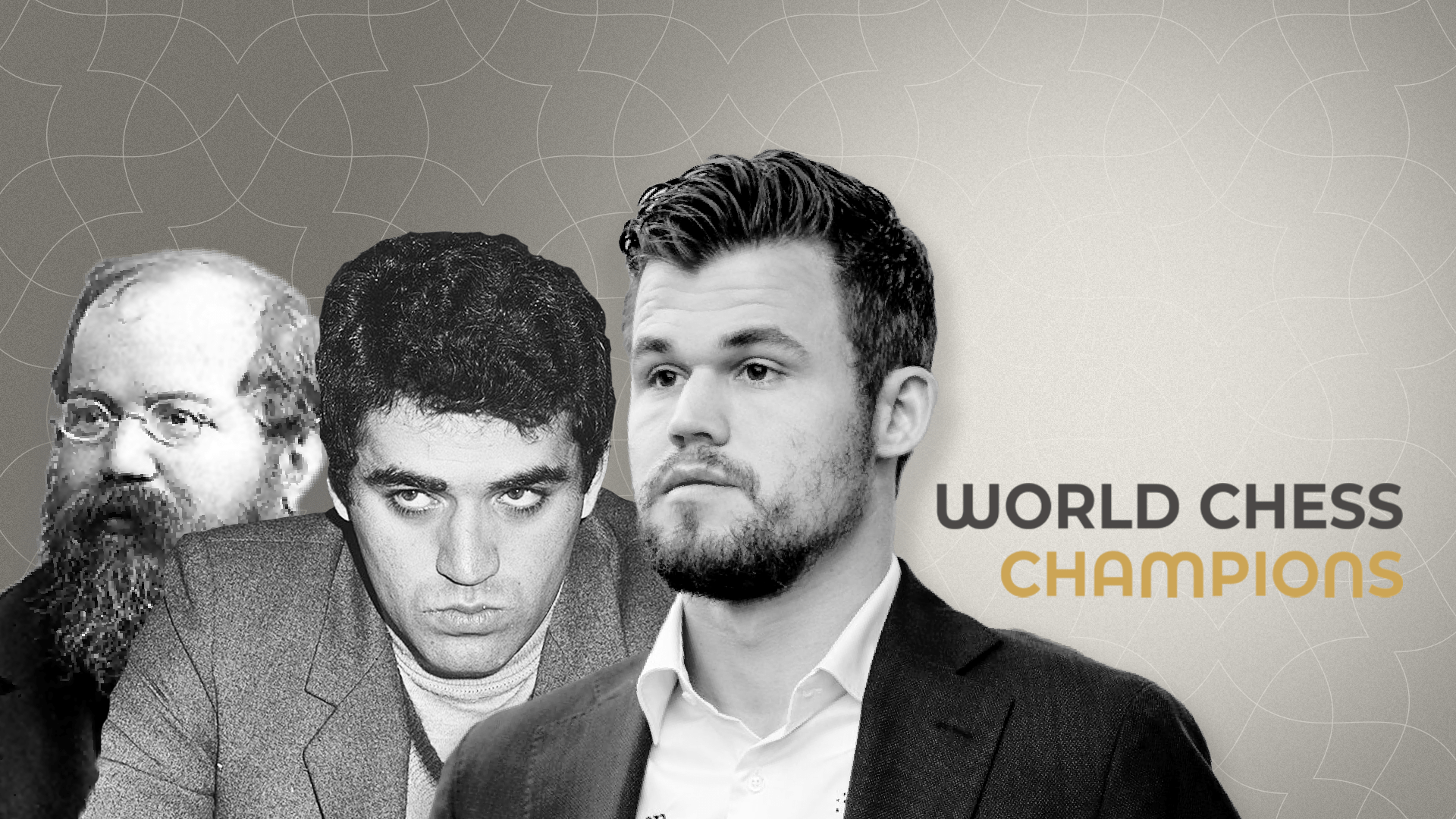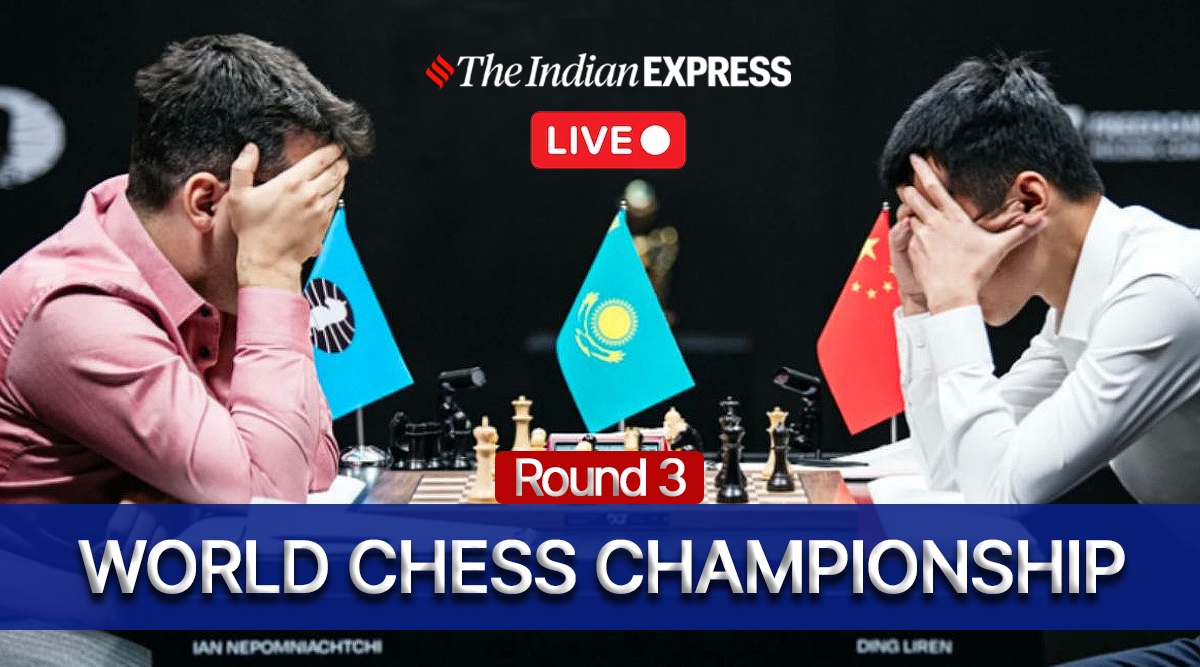
The Intricate History of the World Chess Championship: A Battle of Minds and Strategies
The World Chess Championship (WCC) stands as a testament to the captivating blend of intellect, strategy, and fierce competition that chess embodies. Since its inception in the 19th century, the WCC has chronicled the rise and fall of legendary chess masters, witnessed the evolution of playing styles, and shaped the very trajectory of the game itself.
The Birth of a Tradition
The inaugural WCC was held in 1886 in New York City, where Wilhelm Steinitz emerged victorious, becoming the first undisputed world champion. However, the early years of the championship were marred by disputes and a lack of a formal organizing body. It wasn’t until the formation of the International Chess Federation (FIDE) in 1924 that the WCC gained its current structure and legitimacy.
The Golden Era
The mid-20th century witnessed the golden era of the WCC, marked by the dominance of Soviet grandmasters. From Mikhail Botvinnik’s reign in the 1940s to Garry Kasparov’s legendary clashes with Anatoly Karpov in the 1980s, the Soviet school of chess set the standard for strategic prowess and technical excellence. However, the rise of Bobby Fischer in the 1970s and his historic victory over Boris Spassky in 1972 broke the Soviet monopoly and ushered in a new era of global competition.
The Modern Era
The modern era of the WCC has been characterized by increased internationalization and the emergence of new chess powers. Magnus Carlsen, the reigning world champion from Norway, has dominated the game since his ascent to the top in 2013. Carlsen’s reign has been marked by his exceptional positional play, tactical brilliance, and impressive winning streak. The rise of other young prodigies, such as Fabiano Caruana and Ding Liren, promises an exciting future for the championship.
The Evolution of Playing Styles
The WCC has also witnessed a constant evolution in playing styles. In the early days, players emphasized positional advantage and strategic maneuvering. However, in the 20th century, the hypermodern school, which advocated control of the center by indirect means, gained prominence. In recent years, computer-assisted analysis has led to a resurgence of classical principles and the exploration of new positional ideas.
Technological Advancements
Technology has played a significant role in shaping the WCC. The availability of powerful chess engines has transformed preparation, allowing players to analyze millions of positions and develop sophisticated opening repertoires. Artificial intelligence is also being used to assist in real-time decision-making during games.
Perspectives and Controversies
The WCC has not been without its controversies. Some have questioned the fairness of the championship format, which grants the reigning champion a significant advantage. Others have raised concerns about the influence of sponsorships and the pressure on players to maintain their rankings.
There are also differing views on the role of computers in modern chess. While some embrace their analytical capabilities, others argue that they diminish the human element and creativity of the game. The WCC remains a battleground for these competing perspectives, as it navigates the ever-changing landscape of competitive chess.
Conclusion
The World Chess Championship is a captivating spectacle that has captivated generations of enthusiasts and has left an indelible mark on the history of the game. It is a testament to the enduring power of chess, a game that transcends language, culture, and age. As the WCC continues to evolve, it will undoubtedly continue to inspire awe, foster intellectual growth, and produce unforgettable moments in the annals of sporting history.
Implications
The World Chess Championship has broader implications beyond the realm of chess itself. It showcases the potential of human intellect and the importance of critical thinking. The championship also promotes cultural exchange and helps bridge gaps between nations. Furthermore, the WCC’s rich history and ongoing evolution offer valuable lessons in strategy, adaptability, and perseverance that can resonate in various aspects of life.

